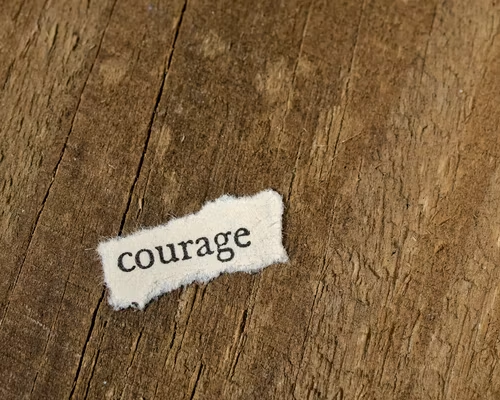Understanding Holiday Depression: Causes, Symptoms, and Strategies
Coping with Holiday Depression
The holiday season is often portrayed as a time of joy and celebration, but for many people, it can be a period of increased stress, sadness, and loneliness. Coping with holiday depression is crucial to ensure a healthy and fulfilling festive season. Here are some strategies to help you navigate through this challenging time.
Holiday Depression Symptoms
Holiday depression can manifest itself in various ways, and it's essential to be able to recognize the symptoms. Some common signs of holiday depression include:
- Feelings of sadness, hopelessness, or emptiness
- Loss of interest or pleasure in activities you once enjoyed
- Increased irritability or agitation
- Changes in appetite or weight
- Trouble sleeping or excessive sleeping
- Fatigue or low energy
- Difficulty concentrating or making decisions
- Thoughts of self-harm or suicide
If you experience any of these symptoms during the holiday season, it's important to reach out to a healthcare professional for support and guidance.
Mental Health During the Holidays
Maintaining good mental health during the holidays requires conscious effort and self-care practices. Here are some strategies to prioritize your mental well-being:
1. Set Realistic Expectations
It's easy to get caught up in the idea of a “perfect” holiday season, but it's essential to set realistic expectations for yourself. Remember that it's okay if everything doesn't go according to plan. Focus on enjoying the present moment and making meaningful connections with loved ones.
2. Practice Self-Care
Taking care of yourself is crucial during the holiday season. Make sure to prioritize self-care activities that bring you joy and relaxation. This may include practicing mindfulness, engaging in physical exercise, getting enough sleep, and maintaining a balanced diet.
3. Reach Out for Support
Don't hesitate to reach out for support from friends, family, or mental health professionals. Talking about your feelings and concerns can provide relief and help you gain perspective. Remember that you're not alone, and there are people who care about your well-being.
4. Manage Your Finances
Financial stress can exacerbate holiday depression. Set a budget for the season and stick to it. Consider alternative ways to celebrate, such as organizing game nights or potluck dinners, instead of expensive outings or gifts. Remember, the most important thing is spending quality time with loved ones.
Holiday Depression Causes
Understanding the causes of holiday depression can help you identify potential triggers and develop appropriate coping strategies. While the factors contributing to holiday depression may vary from person to person, some common causes include:
1. Increased Stress
The holiday season can bring about additional stress due to various reasons, such as financial obligations, increased social commitments, and the pressure to meet high expectations. Learning to manage stress effectively is essential for your mental well-being.
2. Feeling Lonely or Isolated
For individuals who don't have strong social support networks or who have lost loved ones, the holiday season can be particularly challenging. Feelings of loneliness and isolation may intensify during this time. It's crucial to reach out and connect with others, whether it's through joining community events or seeking support from support groups or counseling services.
3. Past Traumatic Experiences
If you've experienced traumatic events in the past that are closely associated with the holiday season, such as the loss of a loved one, you may be more susceptible to experiencing holiday depression. Remember to be gentle with yourself and seek professional help if necessary.
In conclusion, holiday depression is a common experience for many individuals during the festive season. By understanding the causes and symptoms of holiday depression, as well as implementing effective coping strategies, you can work towards maintaining good mental health during this time. Remember to prioritize self-care, seek support when needed, and set realistic expectations. Together, we can create a holiday season that is filled with joy, love, and emotional well-being.





